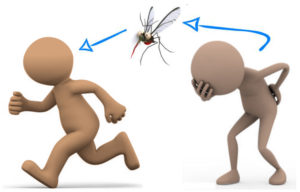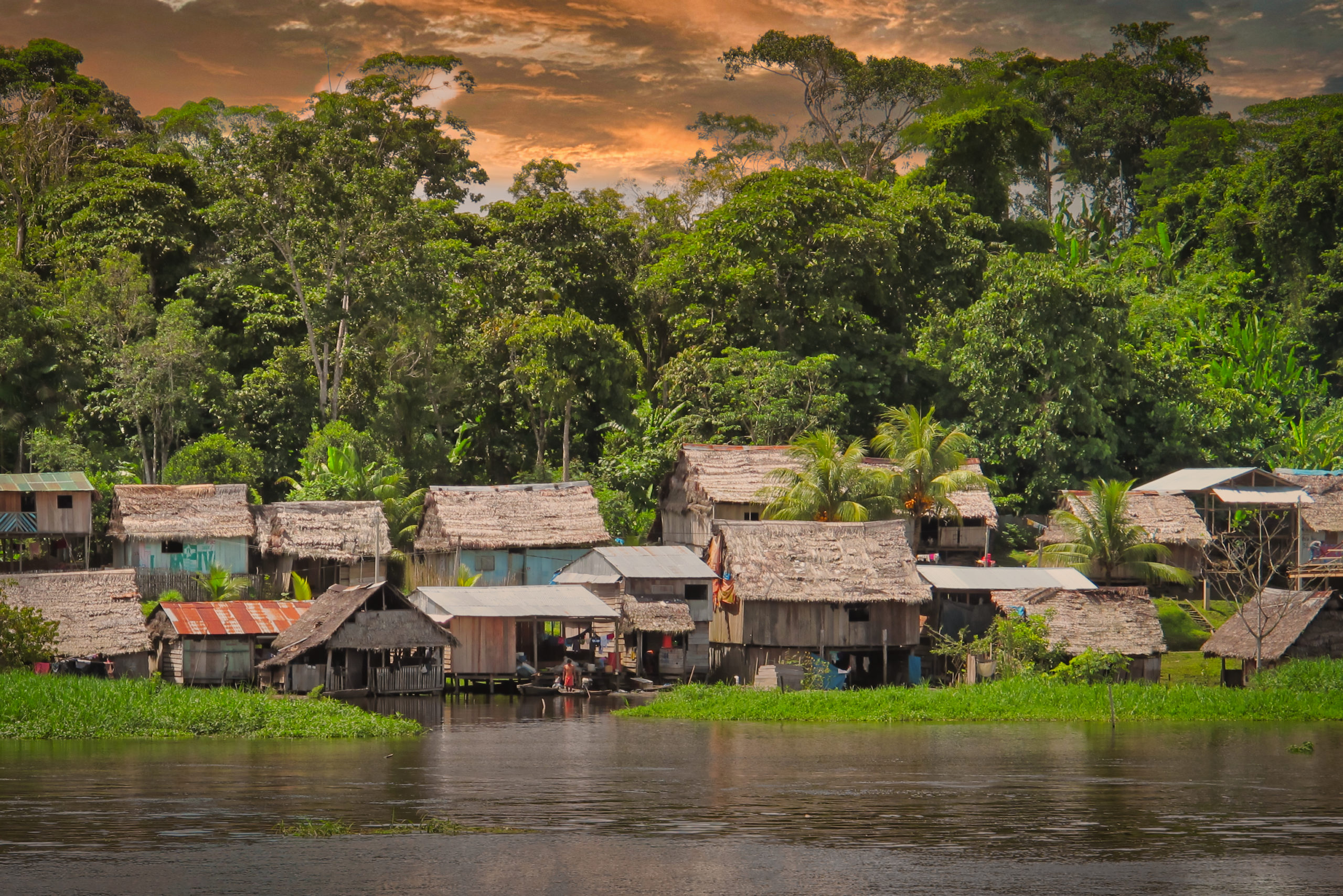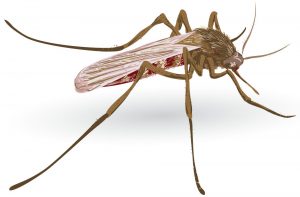Dengue Infections on the Rise
Surge Strains Hospitals Already in Crisis from COVID-19
By Allison Kozicharow; Edited by Jessie Crowdy
The double punch of COVID-19 and dengue outbreaks is endangering health care in dengue-endemic countries such as Brazil, India, Vietnam and the Philippines.
The overlapping of the two diseases presents a challenge for accurate diagnosis and treatment because both infections initially share similar symptoms. Dengue programs have been halted in many countries as efforts are focused on stopping COVID-19. Funds for dengue routine vector control and mosquito netting have decreased during the COVID-19 pandemic. Hospital beds are in short supply.
- The World Health Organization states that the combined impact of COVID-19 and dengue epidemics can potentially result in devastating consequences for the populations at risk.
- A New York Times article describes the increased burden that dengue is adding to COVID-19-stricken South Asia.
- India Today reports dengue outbreaks in several states in India amid fears of a third wave of COVID-19.
- The European Centre for Disease Prevention and Control declares Brazil as hosting the greatest number of dengue cases in the world from June to August 2021 as COVID-19 continues to circulate in that country.
 As warming climates expand the reach of mosquitoes and create severe weather events and as food scarcity, overpopulation and urbanization rise, dengue and other diseases such as malaria will continue to plague global populations. When a pandemic as powerful as COVID-19 enters the mix, the combination is disastrous, especially in underserved countries.
As warming climates expand the reach of mosquitoes and create severe weather events and as food scarcity, overpopulation and urbanization rise, dengue and other diseases such as malaria will continue to plague global populations. When a pandemic as powerful as COVID-19 enters the mix, the combination is disastrous, especially in underserved countries.
Want to learn more about dengue? WiRED International offers a Dengue Infection Module for general audiences, which provides an overview of the condition, how it is spread, its diagnoses, treatments and prevention measures.
What Is Dengue?
Dengue fever is an infection caused by four related viruses that are spread by female mosquitoes of the Aedes aegypti species. These mosquitoes thrive in and near human habitations, where they breed in even the cleanest water, and the disease is widespread in the tropics.
The disease — known to health experts for more than 200 years — used to be called “break-bone fever” because it sometimes causes severe joint and muscle pain that feels as if bones are breaking. For people who get sick with dengue, symptoms can be mild or severe. Although most patients recover after about a week, more serious forms of the disease include dengue hemorrhagic fever and dengue shock syndrome, which can result in shock, internal bleeding and even death.



